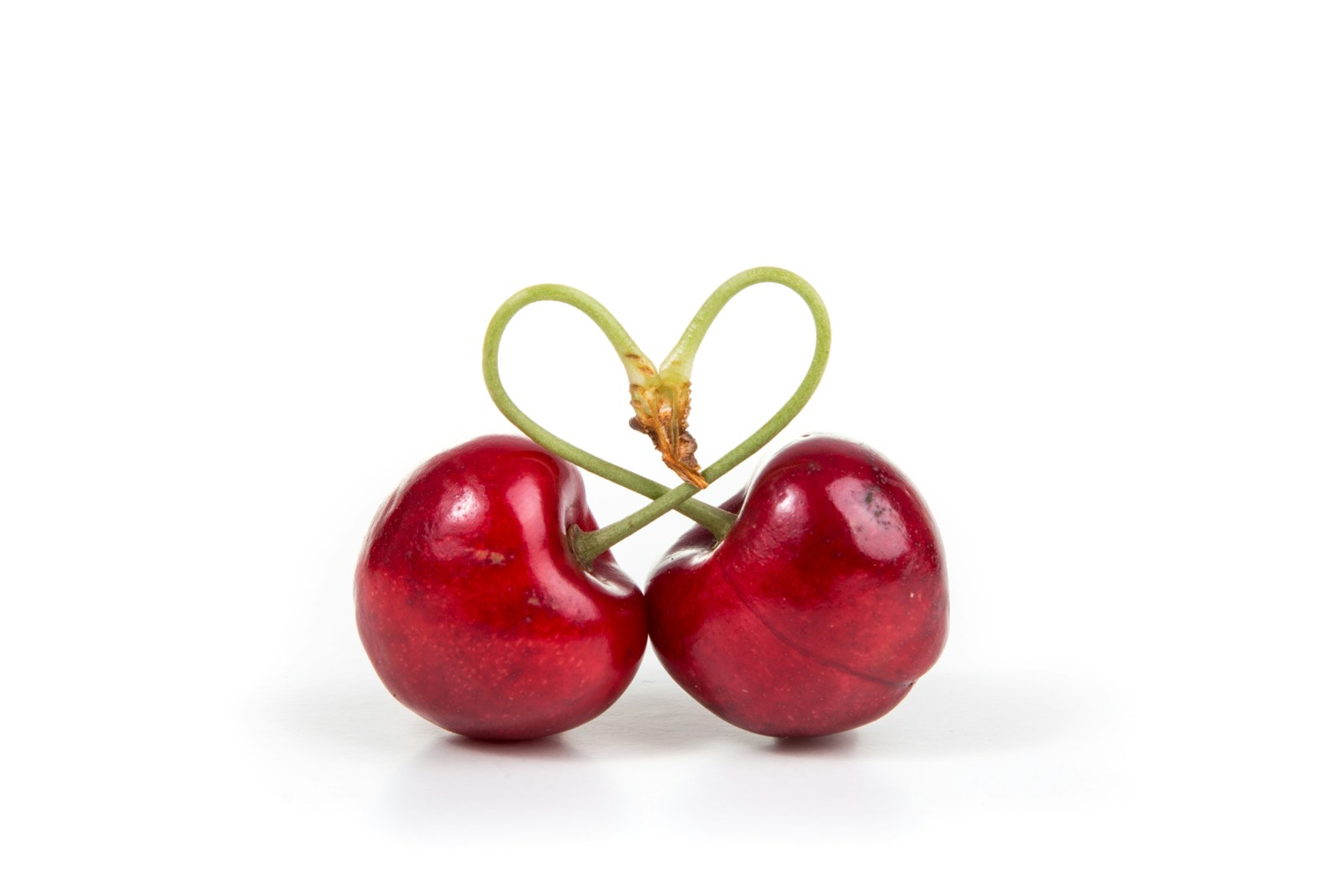
cereza

cherry
A cherry is the fruit of many plants of the genus Prunus, and is a fleshy drupe (stone fruit). They are small and round, often bright red in color, and are sweet or sour in taste.
Example sentences using: cereza
La cereza es mi fruta favorita.

The cherry is my favourite fruit.
This phrase displays a simple statement of personal preference. The subject 'la cereza' (the cherry) is followed by 'es' (is), and then the phrase 'mi fruta favorita' (my favorite fruit) which describes the subject.
Esta cereza es muy dulce.

This cherry is very sweet.
In this sentence, the speaker is commenting on a specific cherry ('esta cereza'), rather than cherries in general. The word 'dulce' (sweet) is used here to describe the flavor of the cherry.
¿Dónde compraste las cerezas?

Where did you buy the cherries?
This phrase uses the past tense verb 'compraste' (did you buy) to ask about a past event. Notice how 'cerezas' is in the plural form because it's referring to multiple cherries.
Soy alérgico a las cerezas.

I am allergic to cherries.
This sentence uses 'Soy' (I am) to indicate a permanent or long-term condition, followed by the phrase 'alérgico a las cerezas' (allergic to cherries) which details this condition.
¿Quieres más cerezas?

Do you want more cherries?
Question words like 'quieres' (do you want) often indicate that the speaker is offering or suggesting something. In this case, the speaker is offering more cherries.
Ese pastel tiene cerezas encima.

That cake has cherries on top.
This phrase uses the verb 'tiene' (has) to indicate possession. 'Encima' (on top) describes where the cherries are located.
No me gusta el jugo de cereza.

I do not like cherry juice.
In this sentence, the word 'no' is used before the verb 'me gusta' (I like) to negate the statement, translating to 'I do not like'. 'El jugo de cereza' means cherry juice.
El helado de cereza es delicioso.

Cherry ice cream is delicious.
This sentence uses the phrase 'es delicioso' (is delicious) to express an opinion about the subject, 'el helado de cereza' (cherry ice cream).
Son las cerezas de mi abuela.

They are my grandmother's cherries.
Here, 'son' (they are) is followed by 'las cerezas de mi abuela' (my grandmother's cherries) which indicates possession. This phrase means the cherries belong to the speaker's grandmother.
La tarta de cereza es su especialidad.

The cherry pie is his/her specialty.
This sentence uses 'es su especialidad' (is his/her specialty) to describe someone's particular skill or distinguishing feature, following the subject, 'la tarta de cereza' (the cherry pie).